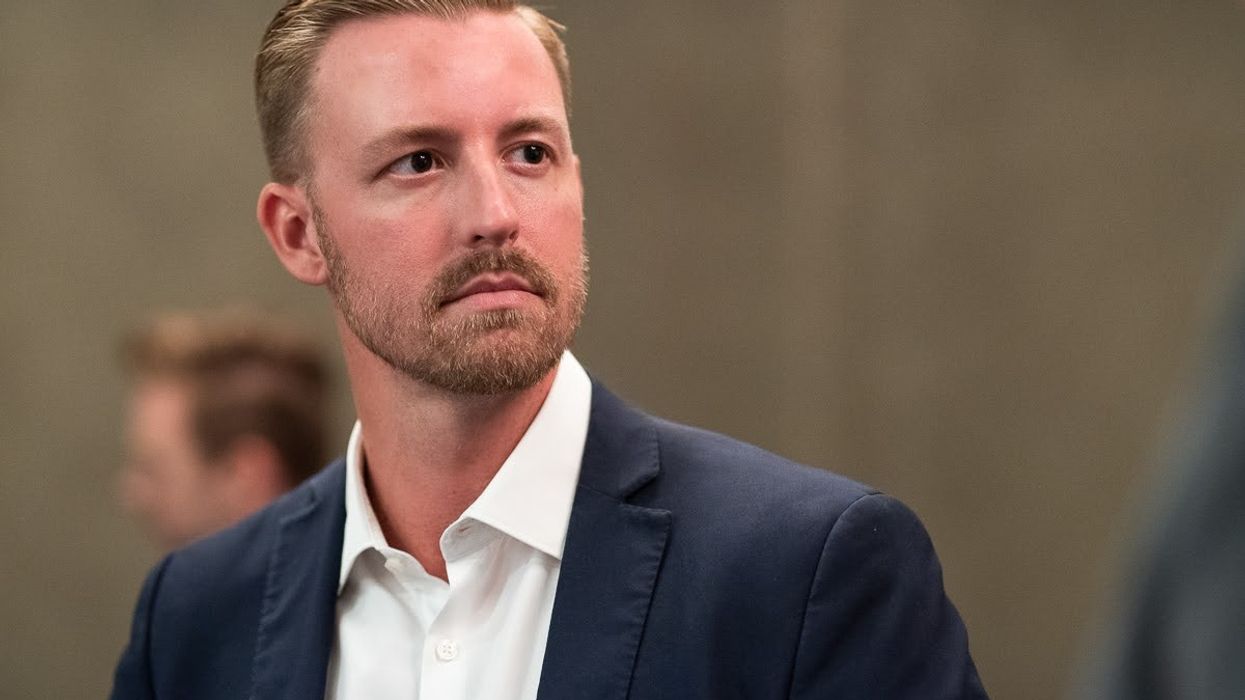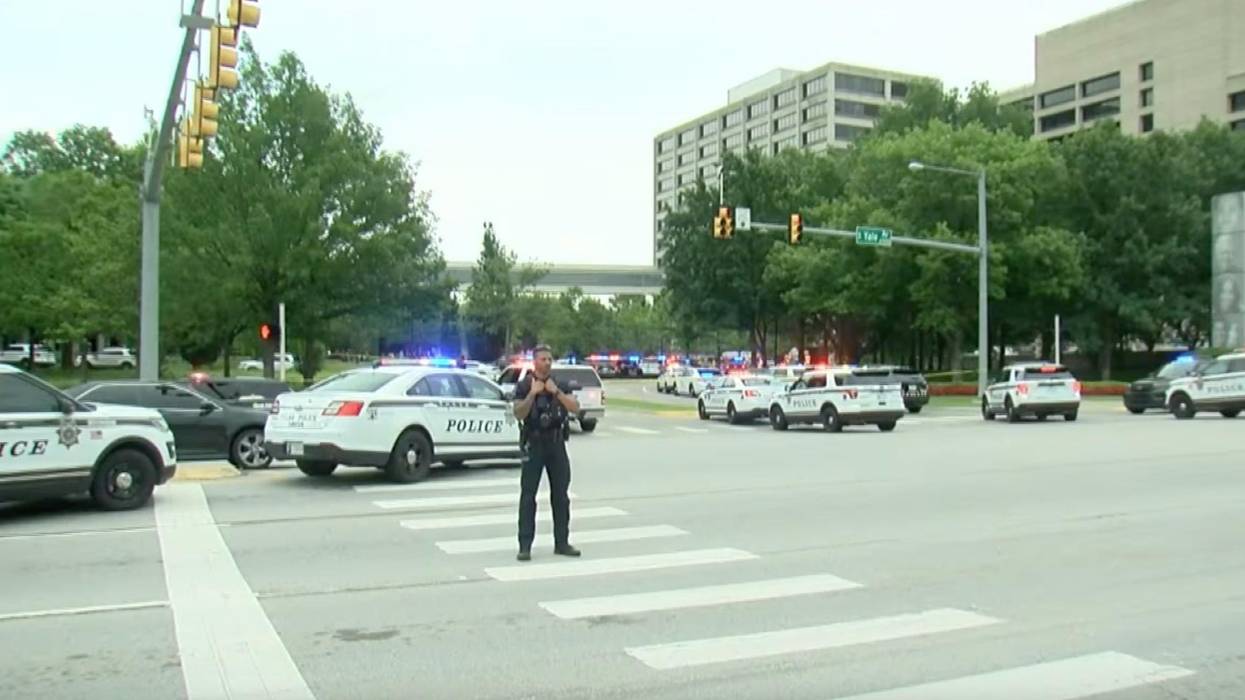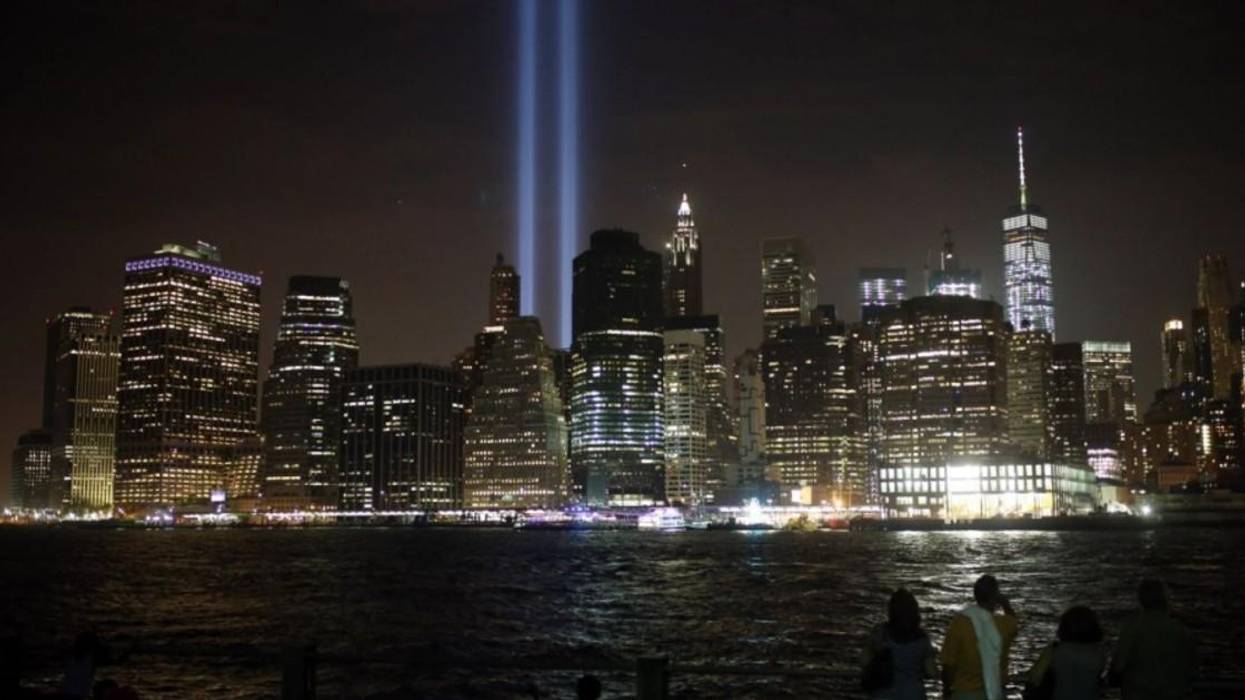"As long as I am superintendent, Oklahoma classrooms will be safeguarded from the radical leftist ideology fostered in places like California and New York," Walters said in a statement Monday.
Walters told USA Today that the test is necessary to vet teachers from states where educators "are teaching things that are antithetical to our standards" and ensure they "are not coming into our classrooms and indoctrinating kids."
However, American Federation of Teachers president Randi Weingarten warned in a statement Monday that "this MAGA loyalty test will be yet another turnoff for teachers in a state already struggling with a huge shortage."
The exam will be administered by Prager University—also known as PragerU—a right-wing nonprofit group which, despite its name, is not an academic institution and does not confer degrees.
While all of the test's 50 questions have not been made public, the ones that have been published run the gamut from insultingly basic—such as, "What are the two parts of the U.S. Congress?"—to ideologically fraught queries regarding the "biological differences between females and males."
PragerU's "educational" materials are rife with false or misleading information regarding slavery, racism, immigration, the history of fascism, and the climate emergency. Critics note that the nonprofit has received millions of dollars in funding from fossil fuel billionaires.
PragerU materials also promote creation mythology over scientific evolution and attack LGBTQ+ people, especially transgender individuals, calling lifesaving gender-affirming healthcare "barbaric" while likening its proponents to "monsters."
In one animated PragerU video, two children travel back in time to ask the genocidal explorer Christopher Columbus why he is so hated today. Columbus replies by asserting the superiority of Europeans over Indigenous "cannibals" and attempting to justify the enslavement of Native Americans by arguing that "being taken as a slave is better than being killed."
Closer to home, PragerU's curriculum aligns with so-called "white discomfort" legislation passed in Oklahoma and other Republican-controlled states that critics say prevents honest lessons on slavery, the Jim Crow and civil rights eras, and enduring systemic racism.
The law has had a chilling effect on teachers' lessons on historical topics including the 1921 Tulsa massacre, in which a white supremacist mob backed armed by city officials destroyed more than 35 city blocks of Greenwood, the "Black Wall Street," murdering hundreds of Black men, women, and children in what the US Justice Department this year called a "coordinated, military-style attack."
Responding to Oklahoma's new policy, University of Pennsylvania history professor Jonathan Zimmerman told The Associated Press that "instead of Prager simply being a resource that you can draw in an optional way, Prager has become institutionalized as part of the state system."
"There's no other way to describe it," he said, adding, "I think what we're now seeing in Oklahoma is something different, which is actually empowering Prager as a kind of gatekeeper for future teachers."
Oklahoma is not the only state incorporating PragerU materials into its curriculum. Florida, Montana, New Hampshire, and Texas have also done so to varying degrees.
Weingarten noted Walters' previous push to revise Oklahoma's curriculum standards to include baseless conspiracy theories pushed by President Donald Trump that Democrats stole the 2020 presidential election. Walters also ordered all public schools to teach the Bible, a directive temporarily blocked by the Oklahoma Supreme Court in March. The court also recently ruled against the establishment of the nation's first taxpayer-funded religious charter school.
"His priority should be educating students, but instead, it's getting Donald Trump and other MAGA politicians to notice him," Weingrarten said in her statement.
Cari Elledge, president of the Oklahoma Education Association, called the new testing requirement "a political stunt to grab attention" and a distraction "from real issues in Oklahoma."
"When political ideology plays into whether or not you can teach in any place, that might be a deterrent to quality educators attempting to get a job," she added. "We think it's intentional to make educators fearful and confused."
California Teachers' Association president David Goldberg told USA Today that "this almost seems like satire and so far removed from my research around what Oklahoma educators need and deserve."
"I can't see how this isn't some kind of hyper-political grandstanding that doesn't serve any of those needs," he added.




